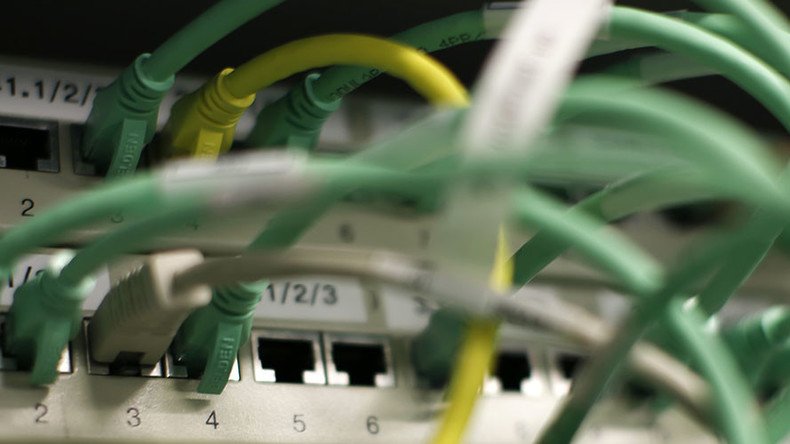Internet in Russia freer than in US, claims top Kremlin official

The deputy head of the presidential administration, Vyacheslav Volodin, has said that Russia has more internet freedom than the United States, where people receive prison sentences for online comments about President Barack Obama.
Volodin was giving a press conference in the central Russian city of Tambov, where a local reporter asked him to comment on the possibility of introducing a rule that would require social networks to obtain ID from their users “so that people could know who is on the other side of the internet.” The official replied that unlike many countries, Russia has chosen self-regulation on the internet and he saw no need to change this.
“Now we are capable of solving various issues through self-regulation and a ban on distribution of information about illegal drugs, suicide and extremism. Society has a need for this.”
READ MORE: State Duma ponders tighter controls on internet news aggregators
He also noted that Russia had more internet freedom than other nations, in particular the United States.
“Take a look at the legal practice. Have you ever heard about the legal proceedings initiated by [Russian] civil servants and senior officials against ordinary internet users over even the most harsh statements made on the internet?” Volodin asked journalists.
A woman in the audience answered that a man had once attempted to sue her for dissemination of discrediting materials about him on the internet, but failed as police and prosecutors refused to recognize her material as unlawful. “You can see that prosecutors protect you. And if you take a look at the US statistics, even over the past six months, you will see that several people there received prison sentences between 12 and 18 months for their posts about President Obama,” Volodin told journalists.
“Ask yourselves – who has more democracy – us or them?” he concluded.
The official did not specify which legal cases he was talking about, but this could be the arrest of John Martin Roos – a 61-year-old Wisconsin man who was detained in April this year for threatening the US president on social media. Police also found weapons and several pipe bombs as they searched Roos’ home. He has not yet been sentenced. In 2013, Donte Jamar Sims from Florida was sentenced to six months in prison plus one year of supervised release for making threats to President Obama over Twitter.
READ MORE: Man jailed for threatening Obama on Twitter
In August 2014, Russia introduced a law requiring all blogs with 3,000 daily readers or more to follow many of the rules that exist in conventional mass media, such as tougher controls on published information and a ban on the use of explicit language. The restrictions include the requirement to verify information before publishing it and to abstain from releasing reports containing slander, hate speech, calls for extremism or other banned information such as advice on suicide.
In July this year, Russian President Vladimir Putin signed into law a package of anti-terrorist amendments that allow automatic blocking of websites for promoting extremism and terrorism and require all communications companies, including internet providers, to retain information about their clients’ data traffic for three years and to hand it over to the authorities on demand (one year for messengers and social networks). Providers also must keep records of phone calls, messages and transferred files for six months.












